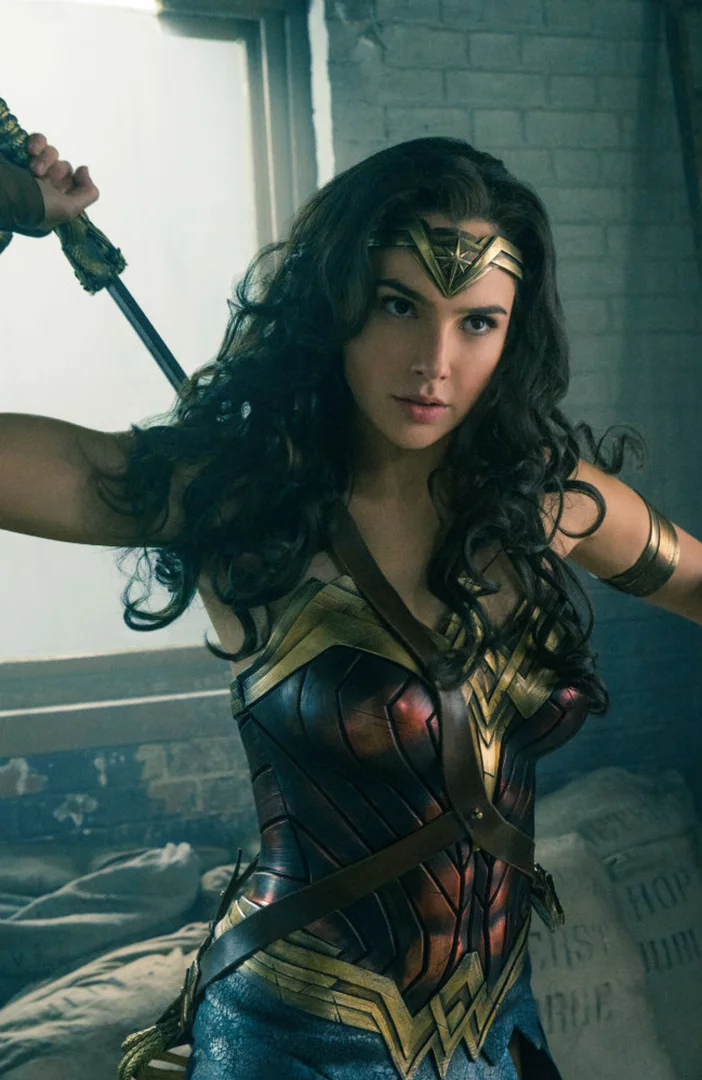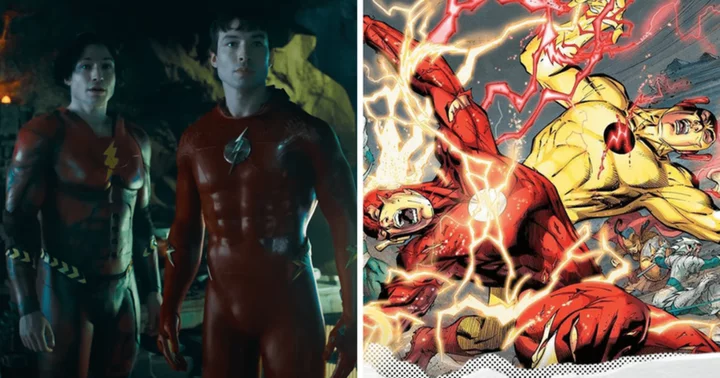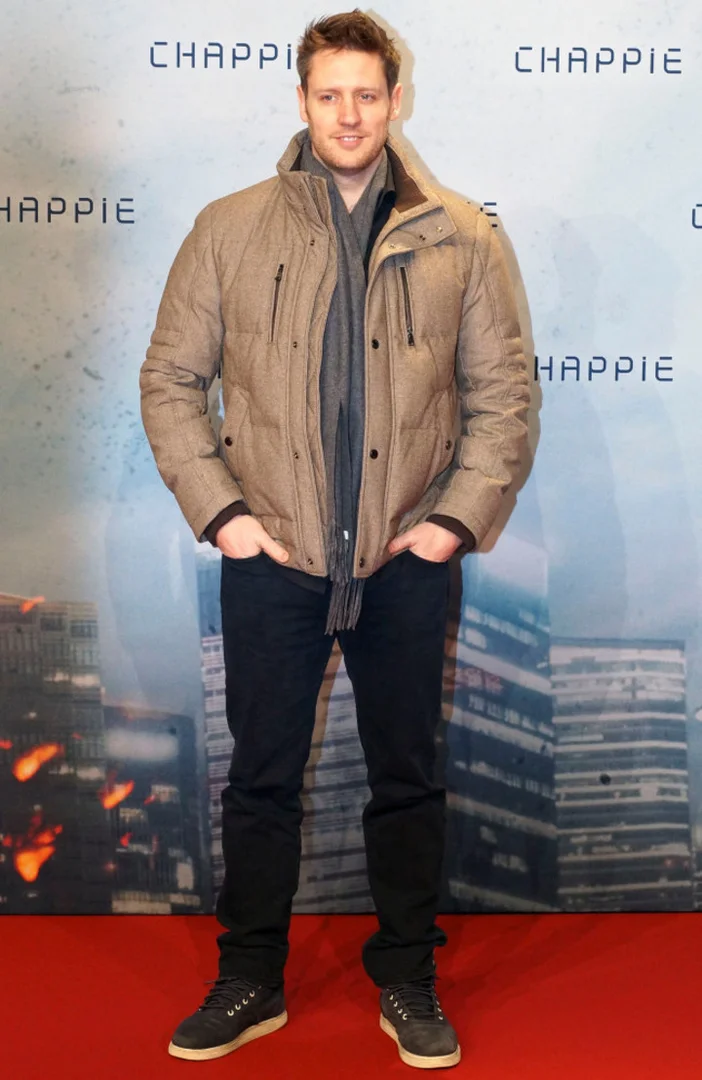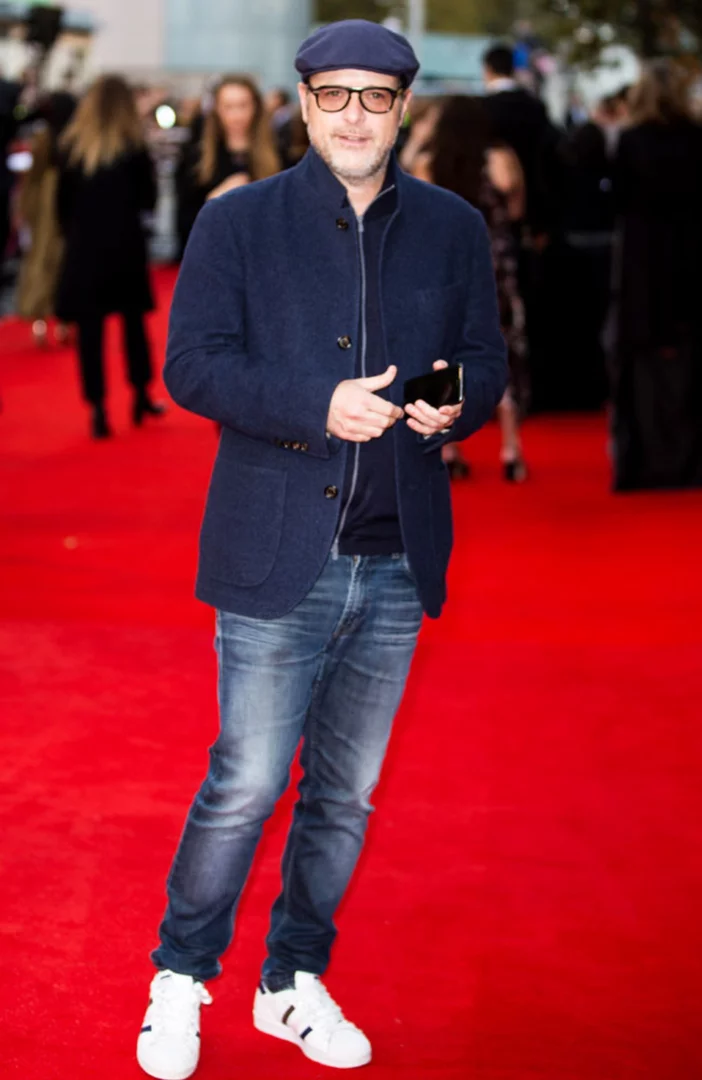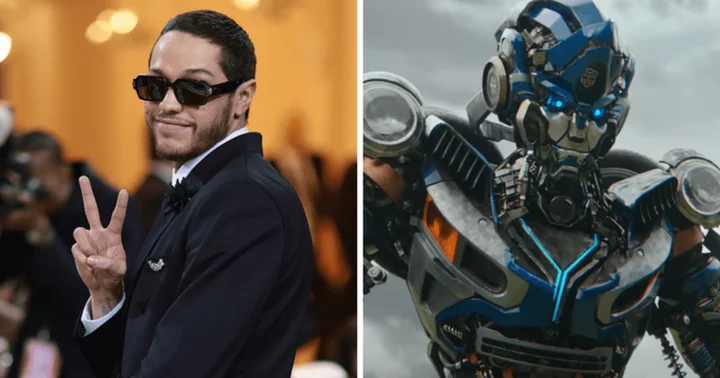David Fincher is glad his ‘World War Z’ sequel never got off the ground.
The ‘Fight Club’ filmmaker, 61, was set to do a follow up to director Marc Foster’s 2013 apocalyptic zombie movie starring Brad Pitt, 59, but said he was relieved it never happened as the plot was too similar to HBO’s hugely popular dystopian thriller ‘The Last of Us’.
David told GQ: “Well, it was a little like ‘The Last of Us’. I’m glad that we didn’t do what we were doing, because ‘The Last of Us’ has a lot more real estate to explore the same stuff.
“In our title sequence, we were going to use the little parasite… they used it in their title sequence, and in that wonderful opening with the Dick Cavett, David Frost-style talk show.”
The original ‘World War Z’ movie was inspired by Max Brooks’ 2006 book of the same name and starred Brad as a former UN employee who travels the globe to find a cure to stop a massive zombie pandemic.
Paramount Pictures released it in the summer of 2013 and it made a respectable $540 million at the global box office.
The film had a hefty $190 million-plus budget and underwent a notorious reshoot process in which the ending was overhauled, but Paramount still thought a sequel might be worth it by pairing Brad with his ‘Fight Club’ and ‘The Curious Case of Benjamin Button’ director David.
The “World War Z” sequel was supposed to start filming in June 2019, but reports surfaced in February that year the project was a no-go due to budget issues.
David was said to have been willing to direct the sequel for less than the $190 million price tag of the first film, but the money required to pull off his vision for the film was still too high for Paramount.


